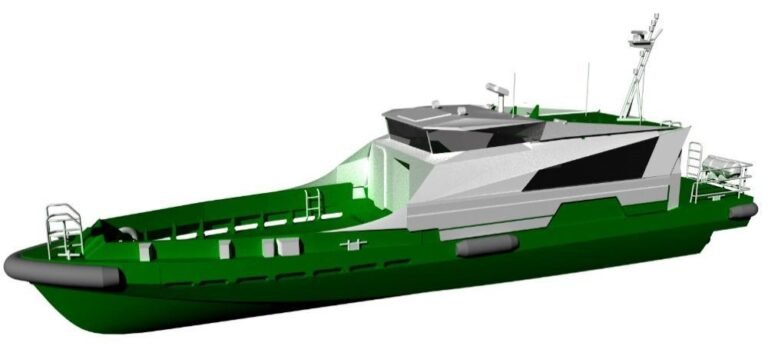The Ghana Atomic Energy Commission (GAEC) has taken a significant step towards revolutionizing the country’s aquaculture sector by engaging with the Minister for Fisheries and Aquaculture, Hon. Emelia Arthur, on the potential use of nuclear energy in fish production. This collaboration aims to harness the power of nuclear technology to boost fish production, enhance food security, and improve the livelihoods of those in the fisheries sector through Aquaculture Development.
Key Areas of Focus for Aquaculture Development
1. Disease Diagnostics: Nuclear technology can help detect and diagnose diseases in fish, reducing mortality rates and improving overall health. This can be achieved through the use of nuclear-based diagnostic tools, such as radioimmunoassay and molecular diagnostics.
2. Fish Feed Formulation: Nuclear energy can be used to develop more efficient and nutritious fish feed, promoting healthy growth and reducing production costs. This can be done by irradiating feed ingredients to enhance their nutritional value and digestibility.
3. Genetics: Nuclear technology can aid in genetic research and development, enabling the creation of more resilient and disease-resistant fish breeds. This can be achieved through mutation breeding and genetic engineering.
4. Post-Harvest Processing: Nuclear energy can help improve post-harvest handling and processing, reducing food waste and increasing the shelf life of fish products. This can be done by using irradiation to extend the shelf life of fish products and reduce microbial contamination.
5. Food Safety: Nuclear technology can enhance food safety by detecting contaminants and pathogens in fish products, ensuring a safer food supply. This can be achieved through the use of nuclear-based detection methods, such as neutron activation analysis.
6. Vaccine Development: Nuclear energy can facilitate the development of vaccines for fish diseases, reducing the need for antibiotics and promoting sustainable aquaculture practices.
Expected Outcomes for the Aquaculture Development
1. Establishment of a Dedicated Laboratory: The collaboration between GAEC and the Ministry of Fisheries and Aquaculture is expected to lead to the establishment of a dedicated laboratory to train personnel in the application of nuclear energy for aquaculture.
2. Improved Fish Production: The use of nuclear technology in aquaculture is expected to improve fish production, enhancing food security and the livelihoods of those in the fisheries sector.
3. Increased Efficiency and Competitiveness: The adoption of nuclear technology in aquaculture is expected to increase efficiency and competitiveness in Ghana’s aquaculture industry, making it more attractive to investors and improving its global market share.
Conclusion
The exploration of nuclear energy for aquaculture development in Ghana is a significant step towards modernizing the country’s fisheries sector. By harnessing the power of nuclear technology, Ghana can improve fish production, enhance food security, and promote sustainable aquaculture practices. This collaboration between GAEC and the Ministry of Fisheries and Aquaculture has the potential to transform the country’s aquaculture industry and improve the livelihoods of those who depend on it.




